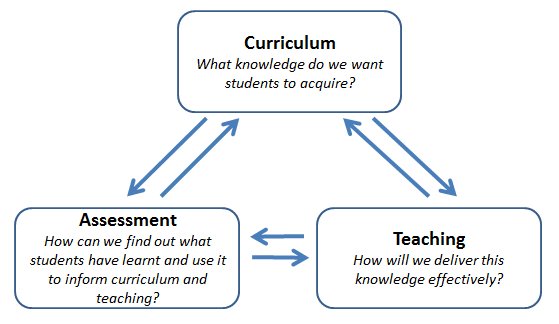Vision
“Develop people of good character who achieve excellence and make a positive contribution to their communities.”
“Develop people of good character who achieve excellence and make a positive contribution to their communities.”
Our knowledge rich curriculum focuses on, knowledge acquisition, character development and the achievement of excellence. This is achieved through a curriculum that facilitates depth of study as well as breadth of experience. It delivers powerful knowledge rooted in subject based concepts as well as building cultural capital through focused enrichment. We believe in excellence in all areas and that all have a right to access the best that has been said and thought. With a focus on excellence, our curriculum develops the knowledge, skills, and character required to live happy, healthy and successful lives. We ensure our curriculum is challenging, yet inclusive, so that all can work hard to fulfil their potential regardless of background or starting point.
The curriculum outlines the key knowledge that students need to learn over their time with us in order to be successful; this will then drive what and how we teach and what we assess. A knowledge rich, challenging and character-building curriculum will require students to think deeply about subject and lesson content. In other words, the level of challenge in the curriculum sets the level of challenge in our classrooms.
